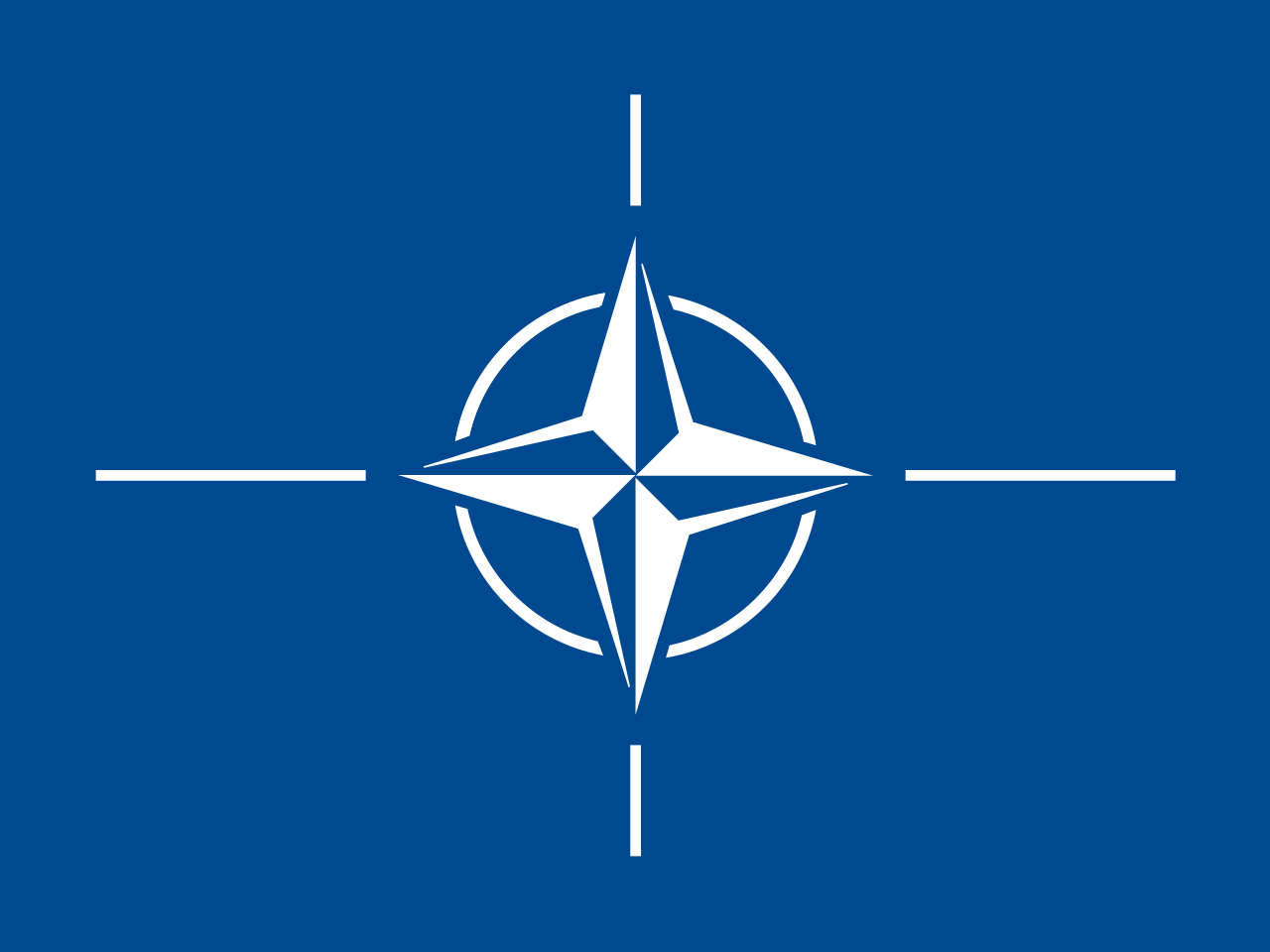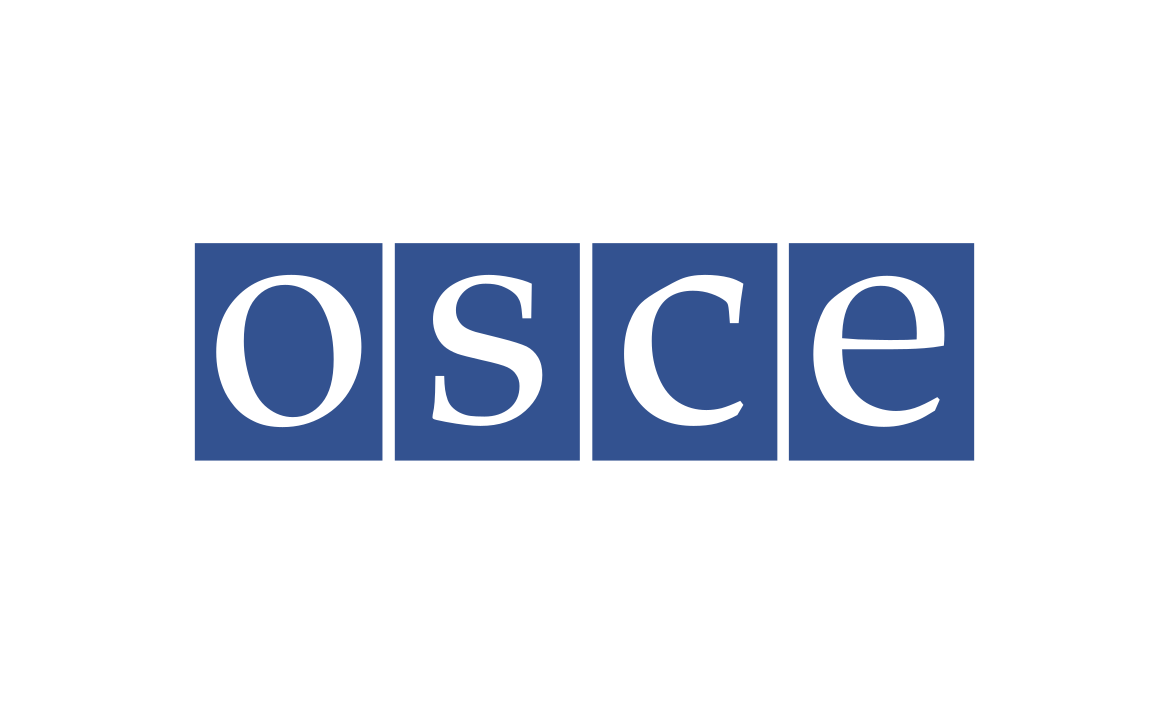The EPC Summit is a high-level platform for political dialogue, so particular attention is paid both to the agenda as well as leaders’ participation.
The EPC’s inaugural summit in Prague on 6 October 2022 was attended by 41 heads of state or government, as well as President of the European Council Charles Michel and European Commission President Ursula von der Leyen.
Two roundtables were held during the summit: one on peace and security, co-facilitated by Slovakia and Moldova, and the other on energy, climate and economy, co-facilitated by Greece and Switzerland. It is important to note that the countries themselves choose to chair the roundtable if interested.
At the first summit, Danish Prime Minister Mette Frederiksen was absent to open the political year of Parliament and President Zelenskyy made an online appearance.
At the second summit, EPC host Moldova invited three new countries to take part, San Marino, Andorra, and Monaco, as well as an EU addition, President of the European Parliament Roberta Metsola. As such, the number of invitations rose to 47. Apart from Russia and Belarus, which were not invited, the EPC now comprises all countries in the European region except the Holy See.
The roundtable discussions at the Moldova summit were devoted to two themes. Two roundtables were held on security, one co-facilitated by the UK and Poland and the other by EU President Michel and Ukraine. The other two on energy and connectivity that were co-facilitated by Moldova and Spain as well as Belgium and Norway. Beyond topic areas of interest, the distribution of co-chairs was conceived to balance EU and non-EU voices.
Two delegations were unable to participate in the second summit – Turkey and San Marino. Although not officially confirmed, the most plausible explanation for Turkish President Erdoğan’s absence was linked to the formation of the new government following his re-election as President. San Marino Prime Minister Luca Beccari’s absence was due to a state visit to Cuba.
Leader-level participation is important politically and symbolically. It also carries practical weight, translating into bilateral and/or multilateral initiatives on the margins of summits. For example, the first summit attended by Ukrainian Prime Minister Shmyhal resulted in no initiatives undertaken by Ukraine, whereas Zelenskyy’s presence led to Ukraine’s engagement in 7 different initiatives at the second summit.
Despite a record turnout of 49 leaders, the third EPC Summit suffered from the absence of Turkey’s President Erdoğan, his second in a row, and Azerbaijan’s President Aliyev, the instigator of another armed offensive in Nagorno-Karabakh causing over 100,000 Armenians to flee and require humanitarian assistance.
Kosovo’s powerful Prime Minister Albin Kurti also abstained, protesting Serbia’s alleged involvement in the 24 September 2023 attack in northern Kosovo. Kosovo’s President, who holds a largely ceremonial function, attended again instead but this time refused to meet the Serbian President Vučić.
Three roundtable discussions on (1) digitalisation, (2) energy, environment and the green transition, and (3) multilateralism and geostrategy were foreseen in order to expand coordination and consultation to the wider European level on priorities of the Spanish rotating presidency of the Council of the EU.
Notwithstanding the Spanish Presidency’s attempts to keep migration off the agenda, the UK and Italy set up an unforeseen roundtable to discuss a series of political initiatives with France, Albania and the European Commission on migration as well as bilateral deals between the UK and Belgium, Bulgaria and Serbia to increase intelligence-sharing and operational co-operation on organised crime.
The fourth summit, hosted by the UK’s first Labour government in 14 years led by Keir Starmer, took place at Winston Churchill’s birthplace, Blenheim Palace. The leaders of NATO, the Organization for Security and Co-operation in Europe (OSCE), and Council of Europe also joined the summit for the first time, expanding the EPC’s international organisation participants list from what was previously an EU-exclusive affair. Notably absent for a third time in a row was Turkish President Erdoğan. Other Heads of Government sending regrets were Austria, Cyprus, and Sweden, who regardless endorsed the EPC’s first ever multilateral output, a ‘call to action’ regarding Russia’s shadow fleet of sea vessels. For the second time in a row, Belarusian opposition leader Sviatlana Tsikhanouskaya attended the EPC summit, a stark rebuke of Belarus’ complicity in Russia’s war of aggression. President of the European Commission Ursula von der Leyen and President of the European Parliament Roberta Metsola were also indisposed, busy with the European Commission President investiture vote taking place the same day.
The summit’s three roundtable discussions centred around (1) defending and securing democracy, particularly as regards foreign information manipulation and interference, (2) energy connectivity, and (3) migration. There were two FIMI roundtables, one co-chaired by France’s Emmanuel Macron and Moldova’s Maia Sandu and the other co-chaired by European Council President Charles Michel together with Montenegrin President Jakov Milatović. The energy connectivity roundtable discussion was co-chaired by Slovenia’s Robert Golob and Norway’s Jonas Gahr Støre while the migration roundtable was co-chaired by Italy’s Giorgia Meloni and Albania’s Edi Rama.
The fifth summit of the European Political Community convened on 7 November 2024 in Budapest, drawing 42 European heads of state or government to the Puskás Arena. Also present were NATO Secretary General, Mark Rutte, Deputy Head of the OSCE Secretariat, Kate Fearon, and the Secretary General of the Council of Europe, Alain Berset. Notably, Turkish President Recep Tayyip Erdoğan attended the summit for the first time since the inaugural EPC meeting in Prague. Absent were Spanish Prime Minister Pedro Sánchez, due to severe floods in Valencia; German Chancellor Olaf Scholz, following the unexpected collapse of Germany’s federal government coalition; Prime Miniter of Iceland, Bjarni Benediktsson, due to dissolution of the ruling coalition; and President of Azerbaijan, Ilham Aliyev, without official reason.
The summit’s morning plenary session was dedicated to addressing major security challenges. Ukrainian President Volodymyr Zelenskyy delivered a speech emphasizing the principle of “peace through strength,” underscoring the importance of steadfast support for Ukraine in the face of Russian aggression. Breakout sessions followed, focusing on (1) migration—co-chaired by Austrian Chancellor Karl Nehammer and UK Prime Minister Keir Starmer—and (2) on economic security with discussions also on connectivity in terms of energy, transport, IT and global trade, led by Latvian Prime Minister Evika Siliņa and Norwegian Prime Minister Jonas Gahr Støre.



